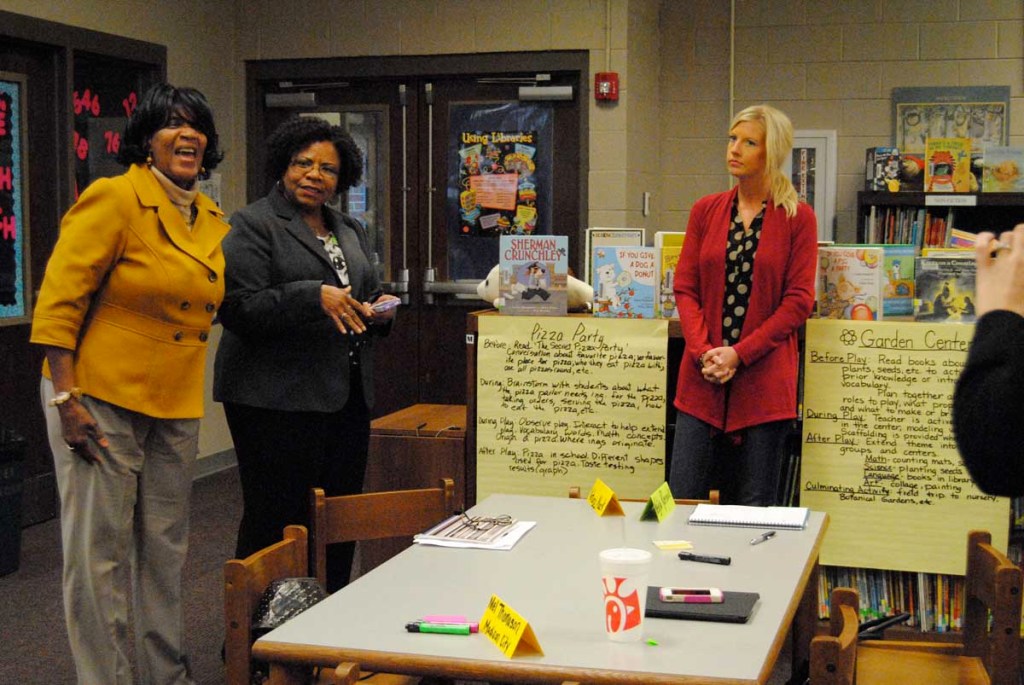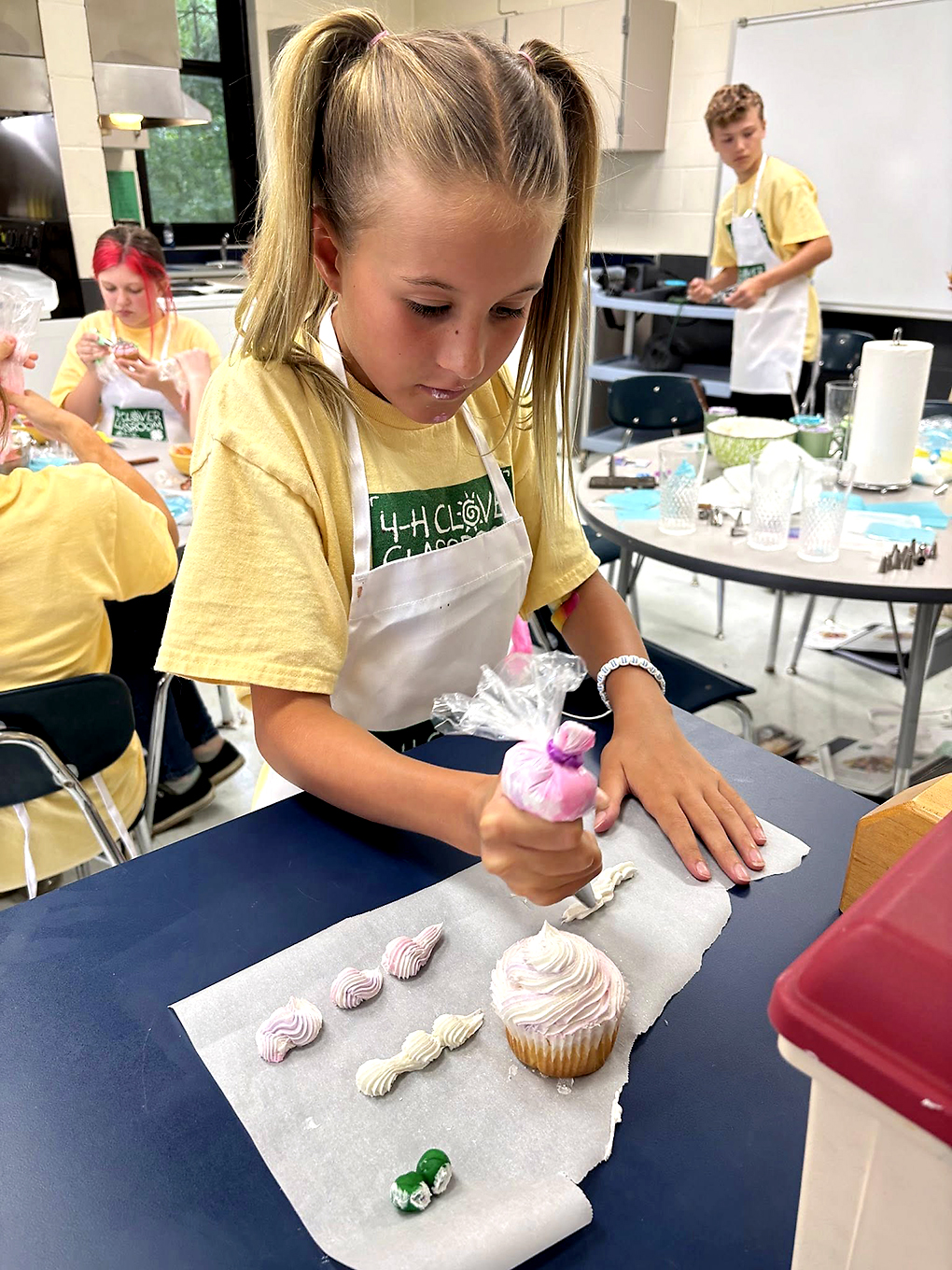Leeds Elementary works on an action plan for literacy
Published 12:00 pm Wednesday, November 20, 2013

- LeedsPreK3.JPG
Unlocking the imagination in order for young minds to go on adventures some experience only through reading, state educators are developing an APL—action plan for literacy.
The Office of School Readiness (OSR) along with the Alabama Reading Initiative (ARI) are partnering in a pilot project to provide professional development throughout the year for teachers and paraprofessionals to impact Pre-K classrooms.
This will strengthen teachers understanding of the impact oral language development has on early literacy.
Jump-starting this new initiative, Leeds Elementary School served as a host for Pre-K teachers statewide to learn how to create those “a-ha” moments for their student’s young minds.
“We’re excited about the growth that this program can bring and the training and professional development that teachers will be a part of in learning the best practice instructions for our four-year-olds,” said LES Assistant Principal Lisa Shaddix.
Stressing the essentials of early literacy instruction Deborah Fitzgerald Region & State Consultant for the UAB Region for ARI and Nancy Clarke with ARI Region 7 (the University of Montevallo Region) encouraged these educators to take their teaching to the next level.
“This is a passion for us,” said Fitzgerald. “We want to show our kids we value what they say.”
Pre-K teachers from as close as Moody to Coosa County to Etowah County and up to Madison attended this first pilot project meeting.
Encouraging these teachers to network and bounce ideas off of one another, a rotating table session began.
“Oral language is a foundation,” said LES Pre-K teacher Tori Kennedy. “It’s linked to their future. Success is pre-school is a big goal because it’s all connected.”
Clarke suggested in order to alleviate student frustration for teachers to hold the object as they say it. Clarke’s example was an apple.
Through trading spaces throughout the room teachers came to several conclusions: “We are models for children in the classroom. Properly speaking the language helps with development of writing skills.”
Another discovery was, “The actions parents and teachers make are a continuous process. It’s a powerful framework.”
Striving to engage different learning styles Clarke, Fitzgerald and the OSR team stressed the importance of staying purposeful.
Word play, noticing placement of the mouth when saying certain words, motor movement—everything is learning and learning through play is often times best for our four-year-old friends.
Another common theme picked up during the teacher’s first meeting was “if you love language, you use language.”
On a state level Alabama’s Pre-K Program has gained recognition for its high standards.
Since last year funding for Pre-K has increased from $19 million to $28 million.
Approximately 5,500 Pre-K students will be educated this year at 310 sites throughout the state.
As participants study classroom conditions that enhance language development, they will begin to plan for new ways to promote language growth in their classrooms. ARI and OSR will provide in-class follow-up coaching and support to assist with the implementation of new strategies.
The next training session in the Pre-K pilot project takes place on January 3rd.
Reminding them of what their continued education is all about, Clarke ended the session saying, “learning never stops and teaching is never ending.”



